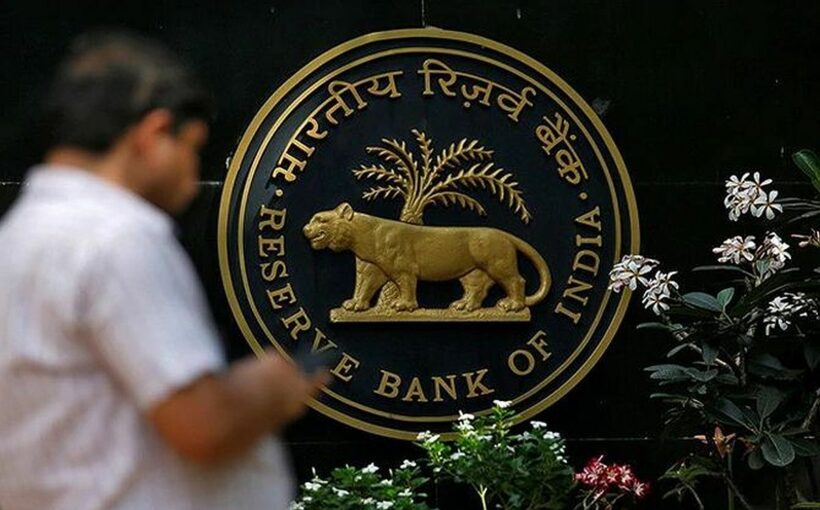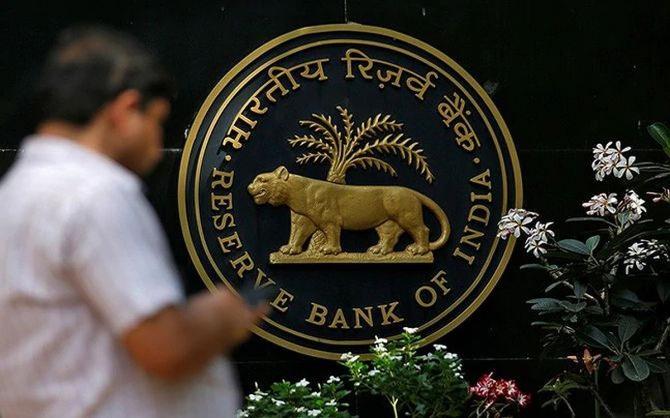The surge in the headline CPI inflation has expectedly proved to be transient. The print had cooled off to 6.8 per cent in August 2023 from the 15-month high of 7.4 per cent in July.
The Monetary Policy Committee (MPC) is expected to maintain the status quo on policy rates for the fourth consecutive time in its October 4-6 review meeting.
The incremental information available since its last meeting in August suggests that growth and inflation prints for the second quarter (Q2) of financial year 2023-24 (FY24) will exceed the committee’s projections.
However, the Consumer Price Index (CPI)-based inflation is expected to moderate in the second half (H2) of FY24.
Moreover, we are apprehensive that gross domestic product (GDP) growth will undershoot the MPC’s forecast for H2FY24 by 100 basis points (bps), and believe that policy tightening is not warranted at the current juncture.
The surge in the headline CPI inflation has expectedly proved to be transient.
The print had cooled off to 6.8 per cent in August 2023 from the 15-month high of 7.4 per cent in July.
It is expected to dip further to 5.5 per cent in September, once the full impact of the crash in tomato prices is factored in the CPI computation.
This implies an average CPI inflation reading of 6.6 per cent for Q2FY24, exceeding the MPC’s estimate by an unpalatable 40 bps.
However, the overshooting is not expected to spillover to the MPC’s CPI inflation projections for Q3 and Q4 FY24, which marginally exceed our own estimates.
Additionally, core inflation has eased over the past seven months, touching a 22-month low of 5.1 per cent in August 2023, offering some comfort to the committee.
However, the risks posed by the uneven and sub-par monsoon and the recent spike in crude oil prices would infuse hawkishness in the MPC’s commentary.
The GDP growth print for Q1FY24, at 7.8 per cent, only marginally trailed the MPC’s estimate of 8 per cent for that quarter.
Encouragingly, high frequency indicators suggest that the momentum in economic activity has remained strong during Q2FY24 amid robust construction activity and healthy domestic demand.
ICRA projects India’s GDP growth at 7.0 per cent in Q2FY24, higher than the MPC’s estimate of 6.5 per cent for that quarter.
Thereafter, the pace of GDP growth is expected to dip in H2FY24 vis-à-vis H1.
In addition to the dissipation of the favourable base, the impact of below-normal monsoons on agriculture output and the rural economy, lagged effects of monetary tightening, narrowing differentials in commodity prices with year-ago levels, continued weakness in external demand and a potential slowdown in the Government’s capital spending ahead of the 2024 General Elections, pose a multitude of headwinds.
The MPC’s CPI projection of 5.2 per cent for Q1FY25 implies a forward-looking real policy rate of 1.3 per cent; we believe that a higher real rate is not warranted at the current juncture.
Consequently, we expect the MPC to keep policy rates unchanged later this week, while sounding cautious on the inflation front amid the continued focus on achieving the 4 per cent inflation target.
Systemic liquidity tightened significantly in the second half of September 2023, largely driven by advance tax outflows.
This situation is unlikely to sustain, particularly with the substantial amount impounded under the I-CRR set to return to the banking system later this week.
We expect the MPC to retain the policy stance, given the concerns around excess liquidity highlighted by the Committee members in the August 2023 minutes.
Aditi Nayar is chief economist, head of research & outreach, ICRA
Source: Read Full Article

